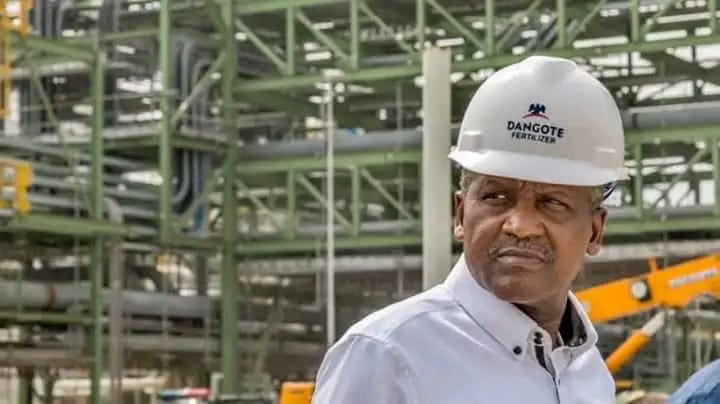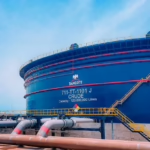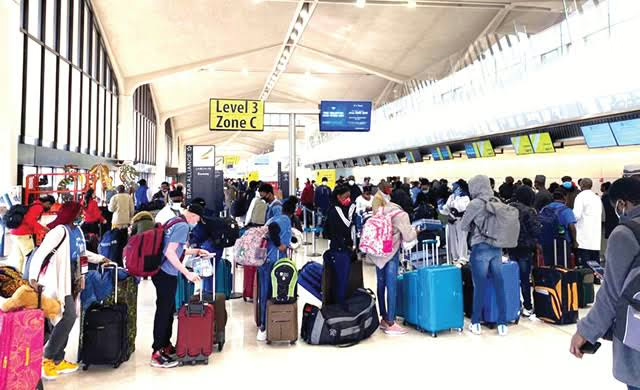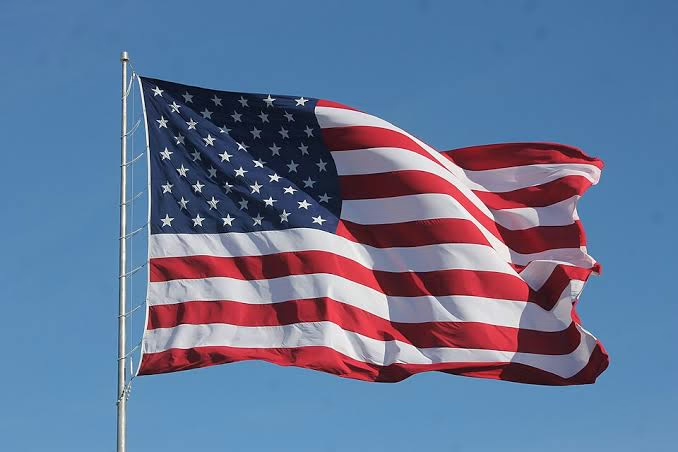By Zayyad I Muhammad
The importation of petroleum products was originally intended as a temporary solution to address the insufficient supply from Nigeria’s four state-owned refineries. However, due to inefficiency and corruption, this temporary measure has become a permanent solution.
In Nigeria, the prices of refined petroleum products are heavily influenced by import-related factors. There are over ten components contributing to the landing cost of petrol, including freight, port charges, NMDPRA 1% levy, storage costs, marine insurance, fendering, NMDPRA COQ & NOA, Q&Q analysis, letter of credit fees, and interest. Additionally, the high exchange rate further inflates the price of imported petrol.
To eliminate these extra costs, local refining is the only viable solution. However, Nigeria’s four state-owned refineries are mired in corruption and frequently targeted by oil thieves, disrupting the pipelines that supply them. Consequently, Nigeria’s only remaining option is the Dangote refinery. However, Engr. Farouk Ahmed, the Chief Executive Officer of the Nigerian Midstream and Downstream Petroleum Regulatory Authority (NMDPRA), says the Dangote Refinery’s AGO is inferior to the imported. He also cited monopoly and energy security concerns, including only 45% completion state.
To most common Nigerians, the Dangote Refinery is a kind of hope and expectation for lower prices of petroleum. And, whatever impression people have of Dangote, the man has achieved what Nigeria as a nation failed to achieve in decades. In fact, in the last 10 years, only four countries in the entire world were able to build new massive petroleum refineries – one of them is the Dangote Refinery. The others are China, which has added multiple new refineries, including the 400,000 barrels per day (b/d) Yulong Petrochemical plant and the 300,000 b/d Shenghong refinery. The Al-Zour refinery in Kuwait, with a capacity of 615,000 b/d, started operations in 2021. Saudi Arabia’s Jazan refinery began operations in 2021 with a capacity of 400,000 b/d. The Duqm Refinery in Oman, with a capacity of 230,000 b/d, commenced operations in 2022. While India expanded its refining capacity with new units at the Ratnagiri refinery.
The $19 billion Dangote Refinery is a blessing to Nigeria. What do you think?











Leave a Reply